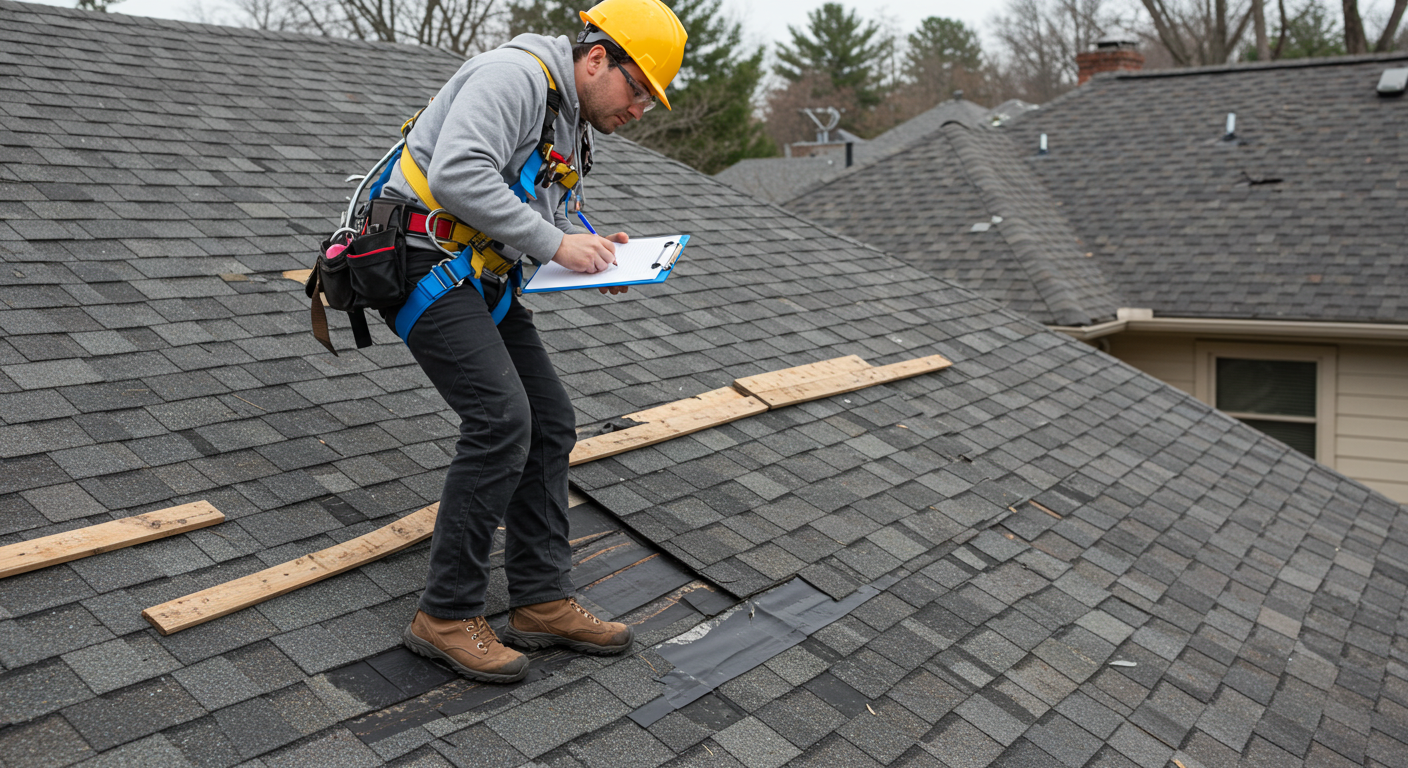Getting ready for a roof inspection is a crucial step in ensuring the longevity and safety of your home. With careful preparation, you can streamline the process and make sure no details are overlooked. Here are some essential tips to help you properly prepare your roof for inspection.
The Importance of Roof Preparedness
Understanding the importance of being prepared is key. A well-prepared roof can significantly enhance the thoroughness of the inspection. Not only can this prevent future issues, but it can also save you from costly repairs.
Know the Signs of Damage
Before the inspection, familiarize yourself with the common signs of roof damage. Look for missing shingles, obvious water stains on your ceilings, or any sagging areas. Noticing these signs prior to the inspection can help the inspector focus on potential problem areas and provide insightful recommendations.
Remove Debris
One simple yet effective tip is to clear your roof of any debris. Remove fallen leaves, branches, and any other clutter that accumulates. This allows the inspector to perform a more comprehensive assessment without the hindrance of hidden obstacles. By keeping your roof clean, you not only facilitate a better inspection but also extend the longevity of your roofing materials.
Documentation is Key
Another critical aspect of preparing for a roof inspection is having the right documentation at hand. This includes previous inspection reports, repair histories, and warranties. Empowering your inspector with this information can provide valuable insights into your roof’s condition and maintenance history, ensuring a more effective examination.
Gather Necessary Paperwork
Compile a folder containing all relevant documents. This approach allows the inspector to pinpoint any recurring issues and assess the impact of past repairs on the current state of your roof. By being organized, you set the stage for a streamlined inspection process.
Know Your Roofing System
Familiarize yourself with the specifics of your roofing system. Understand the type of roofing materials used, such as asphalt shingles, metal, or tile, and note any warranties still in effect. By knowing your roof, you can have valuable discussions with your inspector, ask informed questions, and address any concerns you may have.
Scheduling and Timing: The Right Approach
Finding the right time for your roof inspection is another important element of preparation. Ideally, inspections should be conducted at least once a year, with recommended checks in different seasons. Scheduling inspections during the dry seasons will provide the inspector a clear view of your roof’s condition without the interference of wet weather.
Choose the Optimal Season
Spring and fall are typically the best times for roof inspections. These seasons not only offer favorable weather but also allow for an assessment before and after extreme weather conditions have taken their toll. Maximize your roof’s health through timely inspections—these proactive steps go a long way in securing your home’s integrity.
Prepare the Inspection Area
Prior to the inspector’s arrival, ensure that the area around your home’s perimeter is accessible. Clear pathways and make space for equipment and materials that may be needed during the inspection. This vigilance not only assists the inspector but also ensures safety throughout the process.
Choosing the Right Roofing Contractor
Once you’re ready for the inspection, the next crucial step is choosing a reliable contractor. Selecting a licensed and experienced roofing professional plays a significant role in ensuring a successful roof inspection and potential subsequent repairs.
Research Referrals and Reviews
Look for contractors with strong referrals or positive online reviews. Reputable contractors not only offer quality inspections but also instill confidence with their capabilities. Ask for proof of insurance and licensing to guarantee you’re working with a qualified professional.
Effective Communication with the Contractor
Engage in open communication with your chosen contractor. Describe your concerns and what you hope the inspection will illuminate. This dialogue will foster an environment of trust and collaboration, helping to ensure that the inspector addresses all pertinent issues.
Through careful preparation and proactive maintenance, you’re not just protecting your home, but also increasing its overall value. Now, take these tips to heart, and watch how preparing for your roof inspection pays dividends in the long run.
